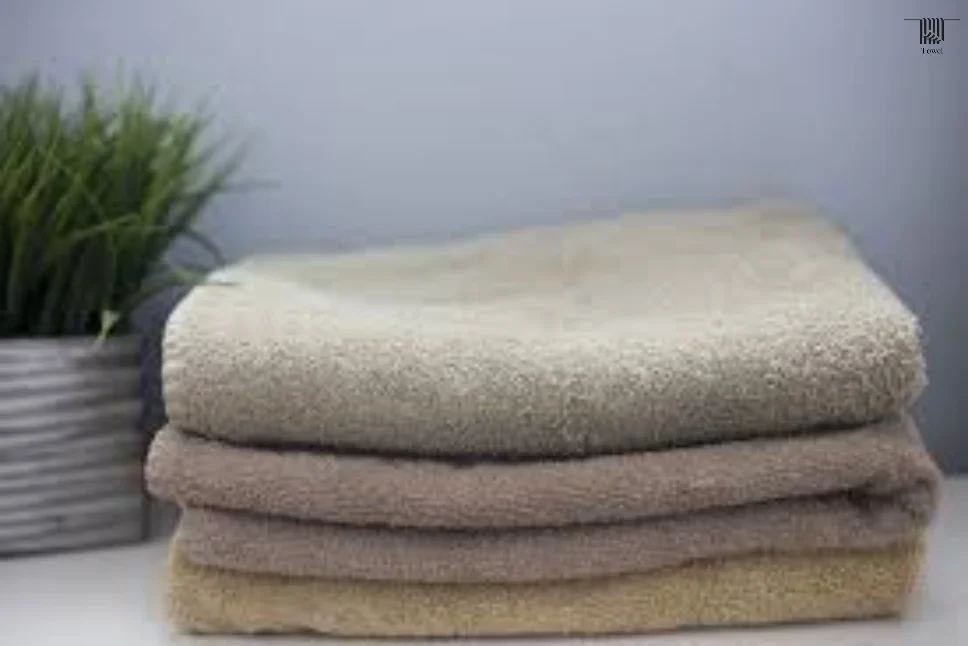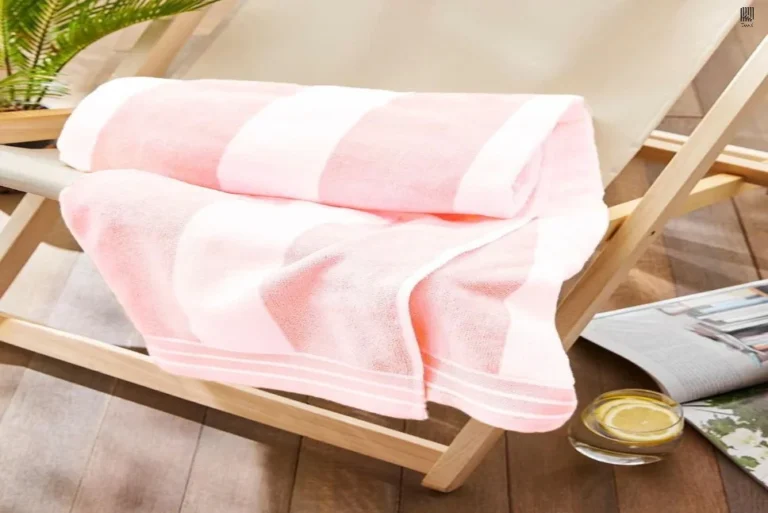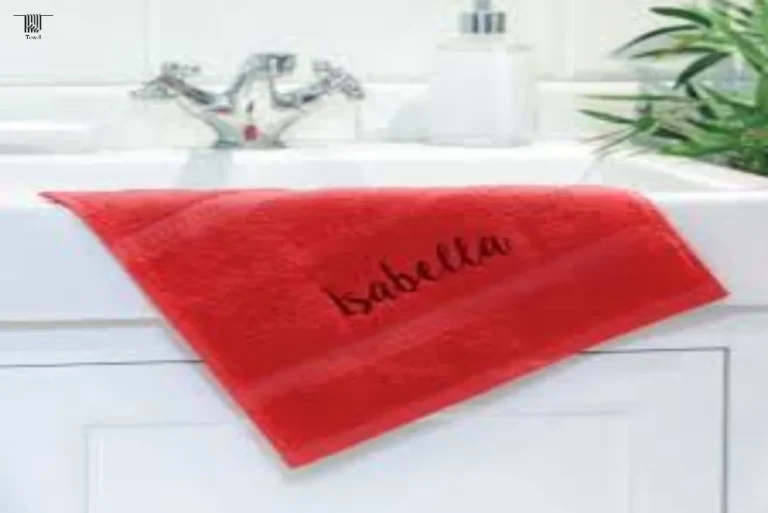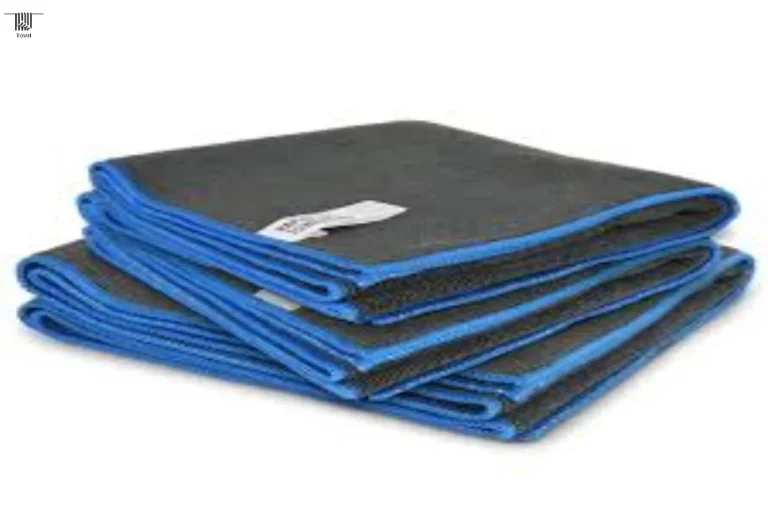Cat Peeing On Towels
Cat Peeing On Towels: Cats are among the most beloved household pets, but certain behaviors can cause problems for owners. One common problem is cat peeing on towels.

Let’s Talk about Cat Peeing On Towels
This habit not only creates hygiene problems but can also cause stress for the owners.In this article, we will look at the possible causes of this problem and its solutions.
Cats peeing on towels, blankets, clothes, carpets, or even in closets can stem from a variety of reasons, ranging from medical issues to behavioral triggers.
How do I get my cat to stop peeing on towels?
Do not leave garments lying around for your cat to urinate on; instead, use a covered laundry hamper. Make an effort to halt the source. To them, a laundry basket resembles a litter box. Take that away, then.
If your cat is peeing on items like towels, blankets, or clothes, it may be due to urinary tract infections, stress, or dissatisfaction with the litter box’s cleanliness.
How to stop a cat from peeing on fabric?
You can put furniture in the way or use double-sided tape to make your cat less likely to want to urinate there. Make sure there are more litter boxes at all times. There should be a minimum of two litter boxes for a single cat. Each cat, if there are several, should have a litter box in addition to an extra.
How to get cats to stop peeing on stuff?
Cover the Couch: To prevent her from urinating on the couch, temporarily cover your place with a plastic sheet or a waterproof cover. Use Scents: Cats don’t appreciate smells like vinegar or citrus. To deter her, try lightly misting certain areas with a diluted solution.
Why is my cat obsessed with towels?
The fact that your cat enjoys your scent is one of the main reasons cats would want to lie on your wet towel. There are some of your smells left on the towel you use when you wipe your hands off or dry off after taking a shower.
Why do cats pee on towels on the floor?
Litter type: Cats prefer certain textures for a variety of natural activities, such as peeing. Instead of cat litter (particularly pelleted or traditional clay litter), some cats prefer softer substrates like laundry or plastic bags on the floor. No other cats appear to mind.
Causes of this cat behavior Peeing On Towels
Medical problems
A cat urinating in unusual places can sometimes indicate a medical problem. For example, a urinary tract infection, kidney disease, or bladder inflammation can cause a cat to change its habits. In such a case, a veterinary doctor should be consulted immediately.
Cleaning issues
Cats are clean animals, and if their litter box is not clean or smells, they will start looking for alternative places. Because towels are soft and absorbent, cats find them a comfortable place to be.
Stress or depression
Cats may become stressed due to changes in their environment, introduction of new people or pets, or fear of competition, and may claim their spot by peeing on towels.
To habituate or mark
Some cats use towels or soft surfaces to mark their place, especially if they are unneutered. This is a natural behavior but can become a problem for the home.
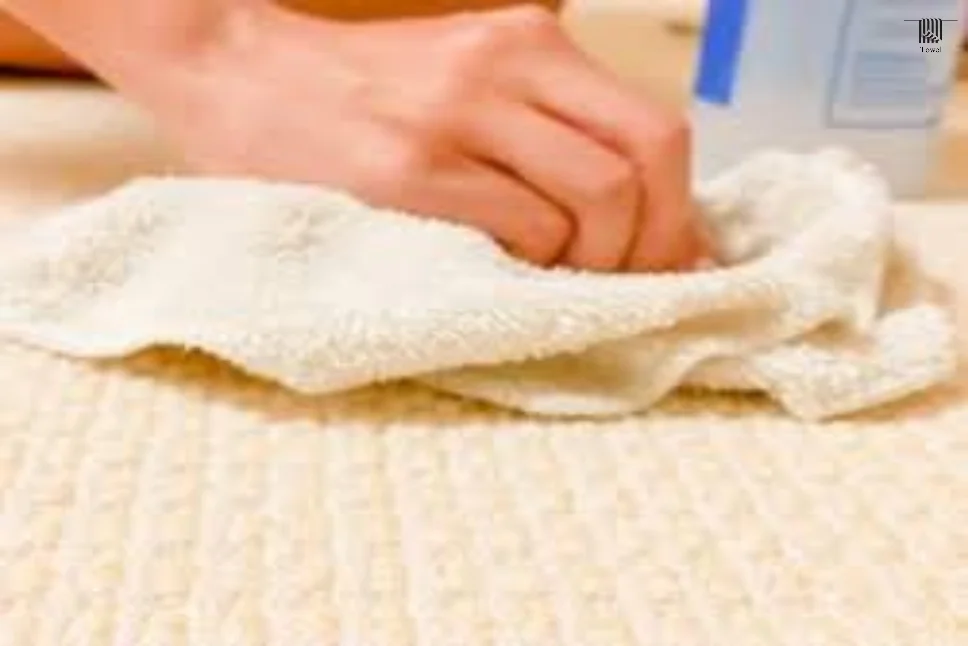
The solution to the problem of the Cat Peeing On Towels
Medical examination
First, take the cat to a veterinarian so that any medical problems can be diagnosed and treated appropriately.
Cleaning the litter box
Cats should be kept in a litter box that is cleaned daily and washed weekly, with the number of litter boxes in the house equal to the number of cats.
Provide a comfortable environment for the cat
Give the cat a safe and quiet place in the house where he can spend time comfortably. If a new animal or person has arrived, introduce the cat to it gradually.
Store towels and soft items
Keep towels where the cat can’t reach them, such as a closed closet or high place. If the cat has peed on a particular towel, wash it thoroughly to remove the smell, otherwise, the cat will urinate on the same spot again.
Pet training
Take a gentle approach to cat training. Get him used to using the litter box and reward good habits.
Cats peeing in closets or on carpets in front of their owners may indicate territorial marking or an attempt to communicate discomfort, anxiety, or distress.
Why do my towels smell like cat pee when they get wet?
Towels can emit a musty odor when wet, as bacteria replicate and break down materials, causing them to smell like mold or germs. Dry towels may smell pleasant, but wet ones leave a musty odor.
To address these issues, consult a vet to rule out health problems, maintain a clean litter box, and create a stress-free environment for your pet.
Do cats always spray when they pee?
Additionally, you might observe that your cat frequently, but not always, leaves urine on tall surfaces like walls. Although it is less frequent, your cat may also mark with their excrement. When cats feel threatened, need to establish their territory, or have a medical issue, they frequently spray pee.
How do you strip your towels?
The basic process for stripping towels is the same whether they are UNpaper® Towels, beach towels, or bath towels. 1/4 cup Borax, 1/4 cup washing soda, and 1/2 cup laundry detergent in hot water are the identical ingredients you’ll need.
How do you roll towels to display?
Lengthwise, fold the towel in half. Once more, fold the towel in half lengthwise. The towel should be tightly rolled from one short end to the other. When you get to the end of the towel, secure it by tucking the loose end into the roll.
Why does my cat spray on towels?
When a cat feels territorially insecure, they are more prone to spray. This may occur as a result of bringing a new cat (or human) into the house, relocating to a new location with unfamiliar smells, or simply just noticing or smelling other cats wandering about outside the house.
Online forums like Reddit offer valuable advice and shared experiences from cat owners dealing with similar challenges.
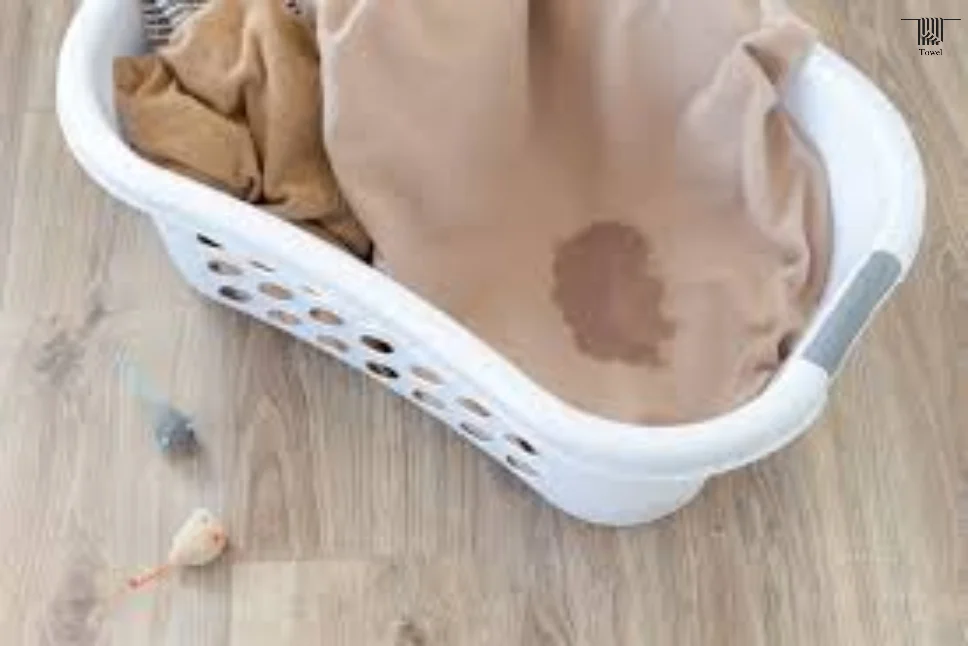
In Brief
The problem of cats peeing on towels is certainly annoying, but it can be solved with patience and proper strategy. Understanding cat behavior and taking action accordingly will not only reduce problems for owners but also strengthen the relationship with the cat. Providing a clean environment and love can also positively change a cat’s habits.
Behavioral training and enzyme-based cleaners can also help eliminate scents and prevent repeat accidents.

